What is a Basil Seed – A Tropical Plant
Of course, you know basil, that sweetly scented leaves used in everything from Thai food to Margherita pizza to pesto. The lovely herb is one of the most used and cherished in the world.
If you’re not cooking with basil leaves, you’re missing out. Yet, there’s more to basil than you can imagine. Basil seeds are the new thing, and they’re still undiscovered by many.
Today we’re changing all that because the secret is out. Basil seeds are awesome: tasty and healthy, so here’s all you need to know about them. What is a basil seed? You’re about to find out.
What are basil seeds? Let’s start with basil
First things first. Basil is a tropical plant that comes from Southeast Asia and Central Africa. Yet, there’s more than one type of basil. The most common varieties are the sweet basil, which you might find labeled as Genovese basil — think pesto — the Thai basil, the lemon basil and the holy basil. Together, they’re the most traded types of basil, and although some are minty and others are more earthy, they all have one thing in common — addictive flavors and aromas.
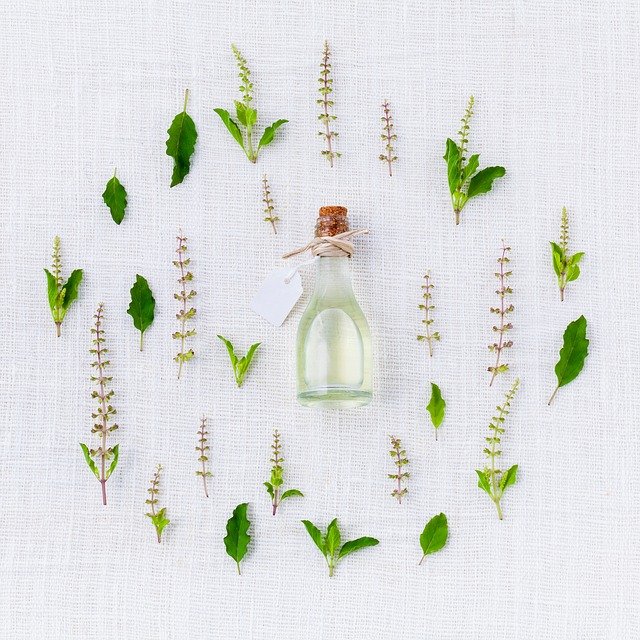
The fragrant plant grows in France, Egypt, Hungary, Indonesia, Morocco, the United States, Greece and Israel. Being the USA the largest basil market. Basil seeds, though, are more widely used in India and Southeast Asia. As the world discovers these tiny seeds, they will become more widespread.
Basil seeds, black gold
Basil leaves are bright green, but the plant’s seeds are black and very small. They’re very similar to Chia seeds. It comes without saying growing your own basil at home is quite easy if you have a fistful of seeds. But if you don’t want to plant them, you might want to eat them instead.
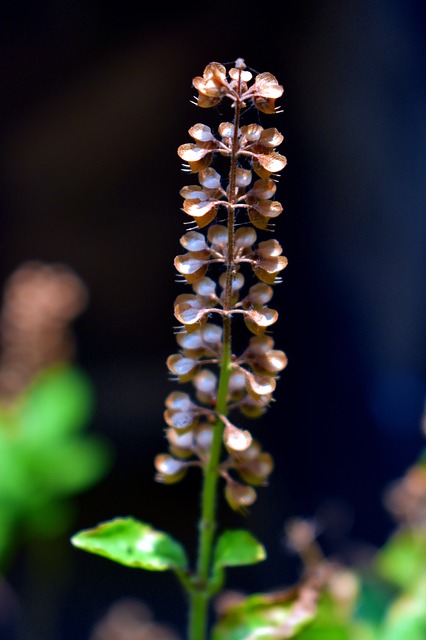
When basil seeds are soaked in water, they expand and become gelatinous while retaining a nice crunch. They’re natural thickening agents for drinks and can be used to substitute chia seeds. Of course, basil seeds are more than a substitute; they have their own merits.
How to Cook with basil seeds?
Basil seeds are called sabja in India and are used in many popular beverages, such as the faluda, a dessert drink made with rose syrup, vermicelli rice noodles and milk. The drink has a long history and goes back all the way to the Persian empire.
The Turkish Sharbat, a fruit-based drink livened with flower petals and sweet syrups, is served with basil seeds too. Of course, you can add the contrasting seeds to ice cream, salads, lemonades and iced tea. Combining basil seeds with coconut milk and sugar renders a lovely pudding-like dessert. You must try this one.
Muffins, pudding, pancakes, bread, soups, yogurt, milkshakes or smoothies, everything tastes better with a small bunch of basil seeds.
Basil seed health benefits

Interestingly, these versatile dark seeds are more than a fun ingredient to play with; they’re quite healthy and have been used in traditional medicine for centuries. Here are some of their most impressive benefits.
- Nutritionally, one tablespoon of basil seeds adds 2.5 grams of healthy fat to your diet, along with 7 grams of dietary fiber and 2 grams of protein.
- Essential minerals in basil seeds are mostly calcium, with 15% of your daily needed intake, iron and magnesium, the last two with 10% of what you need in a day.
- Basil seeds are consumed mostly for their fiber. They keep your arteries clear from cholesterol; they support your gut health, help you feel satisfied and even promote adequate levels of blood sugar levels.
- If you want to complement your diet with antioxidants, then basil seeds are for you. They’re a fantastic source of flavonoids and polyphenols. These molecules will bind with free radicals in your bloodstream.
- Finally, there’s the Omega-3 fatty acids. You can only get these essential compounds from fatty fish, like tuna and salmon, but also few other foods, including basil seeds.
Start enjoying basil seeds, and you’ll never look back
The best part is that, despite being little-known, basil seeds are easily found in specialty health stores, Asian markets, and online.
Once you start cooking with these crunchy, jelly-like seeds, you won’t stop. Their versatility is endless, and with that texture, they just make everything taste better.
Add basil leaves to your diet because they’re tasty and fun and benefit from the seeds’ nutritional properties at the same time. That’s a win-win proposition.
You might just end up loving basil seeds more than the plant’s aromatic leaves. Why not enjoy both? Checout our curated list of basil seeds to buy.
Highly Rated – Social Media Chatter on Basil Seeds
Thirsty? Lychee honey + basil seed juice .
.
.
.
.
#asmr #mukbang #laofood #laosfood #asmrstarbucks #asmrjuice #thirsty #asmrbreathing #mkefoodies #mkefood #thaidrink #thaitea #asiandrink #lychee #asmrdrinking #koreanfood #koreandrinks #japanesedrink #asmrdrink #asmrice #lycheejuice #basilseed #basilseeddrink
やっと行けたJTRRD cafe🍓✨
フォトジェニック🌸🍌🌸
シェイクシャックは外苑前に行った以来🍔💕
お肉とチーズがとても美味しい😋
#jtrrdcafe #ジェイティードカフェ #jtrrd #大阪 #osaka #天満橋 #大阪スイーツ #osakacafe #大阪カフェ #天満橋カフェ #スムージー #smoothie #ドラゴンフルーツ #dragonfruit #バジルシード #basilseed #インスタ映え #フォトジェニックスイーツ #sweets #フォトジェニック #photogenic #シェイクシャック #shakeshack #シェイクシャック梅田阪神店 #シャックバーガー #スモークシャック #チーズフライ #lemonade #メロン味 #季節のレモネード
Today’s drinks are dalgona coffee & Fanta and mango basil seed.
🥛The way to make dalgona coffee is to mix sugar, instant coffee powder, and hot water in a 1:1:1 ratio and pour it over milk!
🥭And I made a drink with mango basil seed mixed in Fanta. It‘s such a fresh and sweet combination
I hope you have a great day today!💕
Sources:
- https://en.wikipedia.org/wiki/Basil
- https://timesofindia.indiatimes.com/life-style/food-news/what-are-sabja-seeds-and-why-they-have-suddenly-become-popular/photostory/68170201.cms
- https://food52.com/blog/22755-basil-seeds-explainer-what-is-it
- https://www.healthline.com/nutrition/basil-seeds

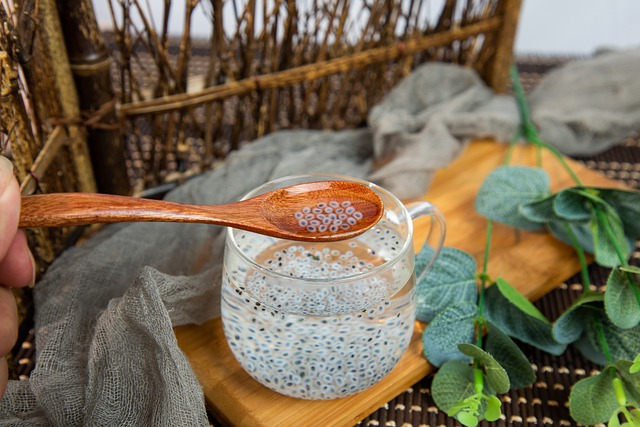

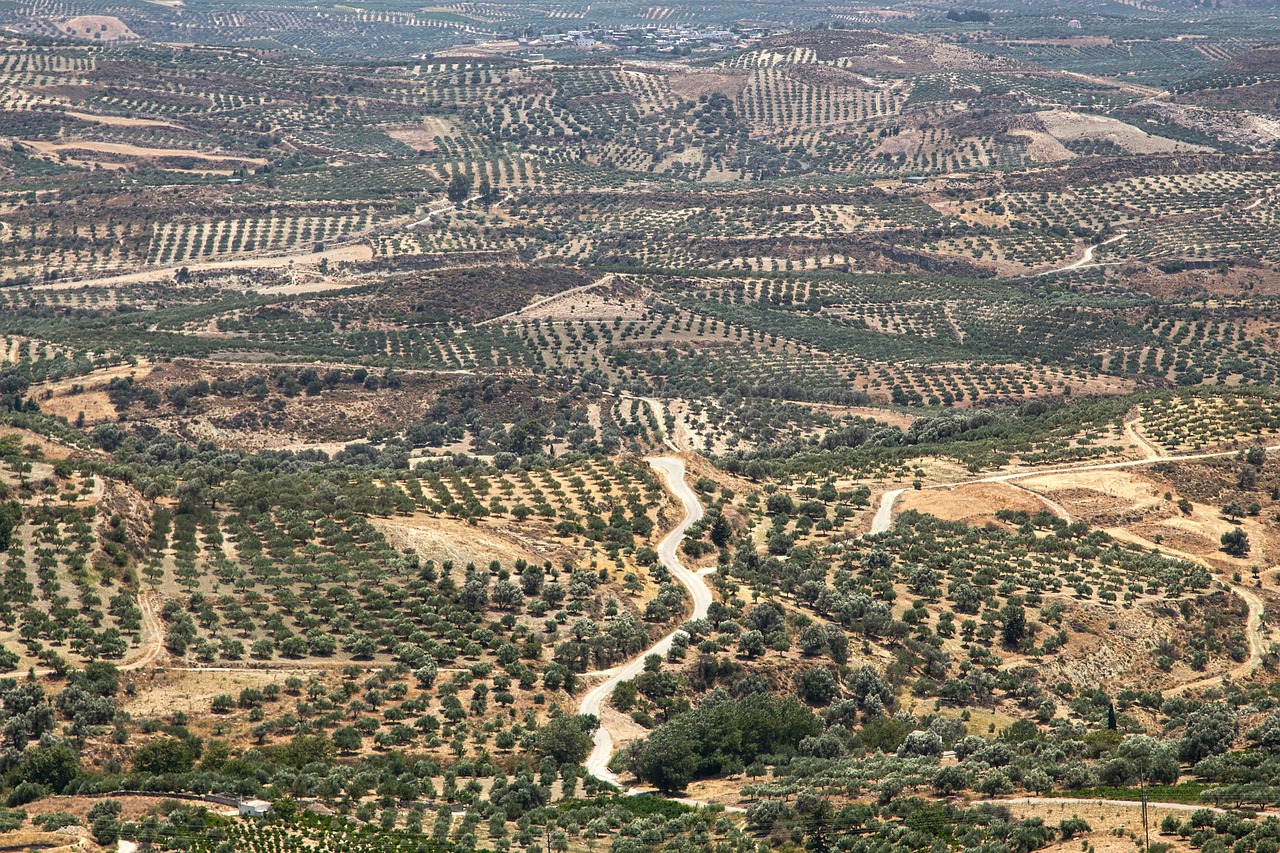
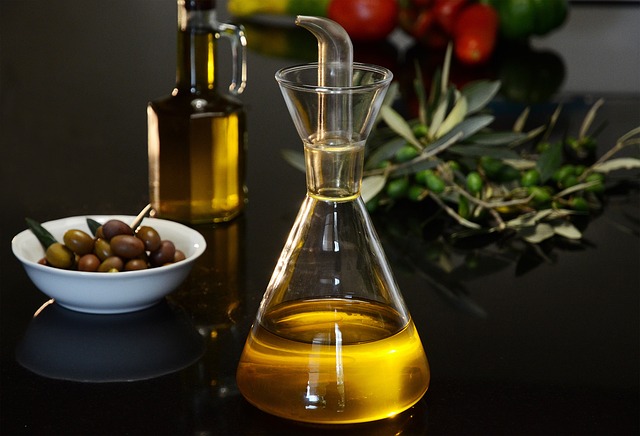
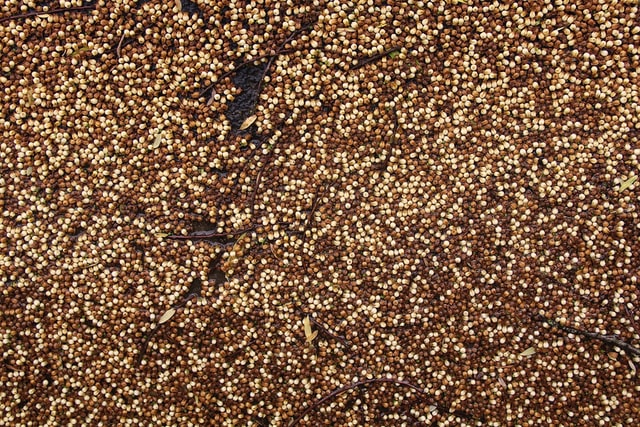
Thanks for a comprehensive tutorial on the benefits of Basil Seeds to humanity! When I first started reading, the first thought that came up is how and where do I find these sweetly scented leaves called Basil Seeds? Is it something that can be found in any part of the world or only restricted to specific locations? Good to learn about Basil as a leaf that is so beneficial to man’s health!
I know about some leaves that are really fun and tasty but do not offer as much health benefit as Basil does. Basil is a kind of vegetable plant that’s completely new to me. Glad I have access to some Asian stores where I can find these jelly-like, crunchy seeds! Thanks for the informative post!
Thanks Michael. Basil seeds should be available everywhere.
Interestingly, I have grown and sown it at home in Serbia so many times and I have never tried to consume the seeds in any way in our country in Serbia. It is a very popular and famous plant. is in most Christian rites.So my question is whether this herb helps with axiosis and depression, thanks for the answer in advance. 🙂
Thanks Dragan, I will let the community define the benefits and see who has experienced it. Check out the instagram section Highly Rated – Social Media Chatter on Basil Seeds for more info.